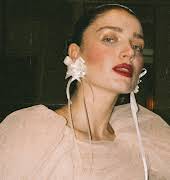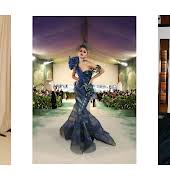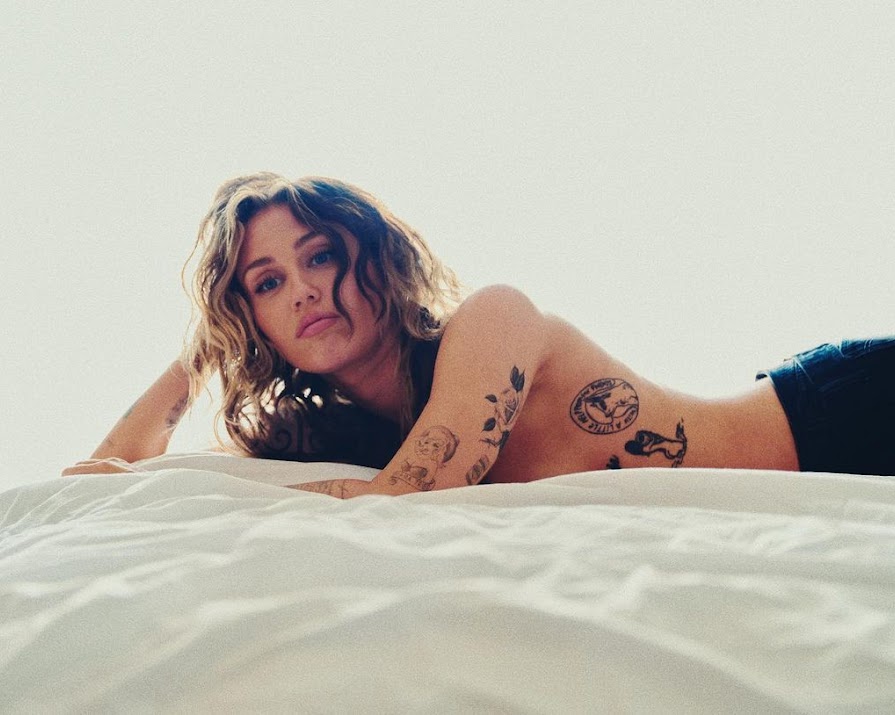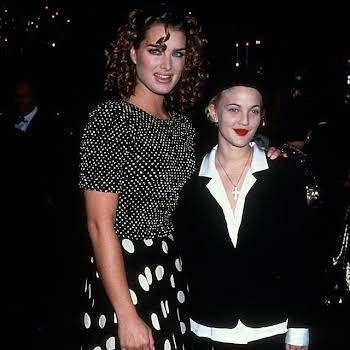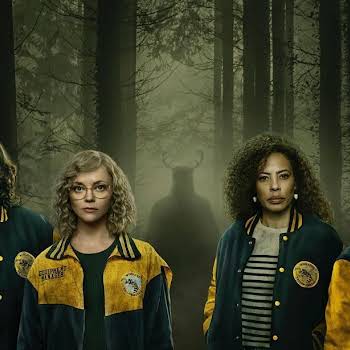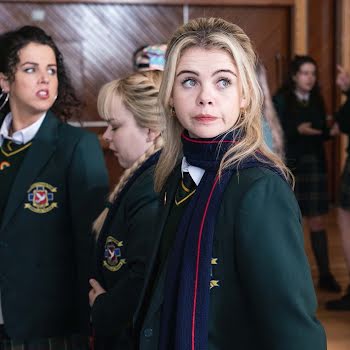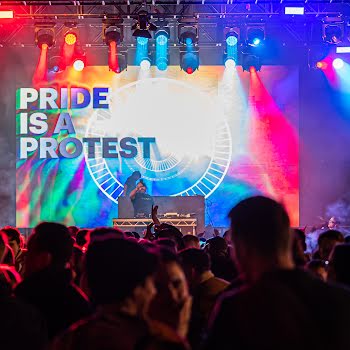The 90s were bad for female celebrities but the 2000s weren’t much better
By Sarah Finnan
22nd May 2023
22nd May 2023
The early noughties were a turbulent time for women in the media, but Miley Cyrus is testament that the late 2000s weren’t much better.
The tides of public opinion have turned in favour of Miley Cyrus as of late – just as they have with many other female stars in the past few years including Britney Spears, Pamela Anderson, and Brooke Shields to name but a few.
Shooting to fame as the title character in the Disney series Hannah Montana (in which she starred alongside her real-life father, Billy Ray Cyrus), Miley spent the entirety of her most formative years on the world stage and, like most other child stars, she was subject to immense pressure and scrutiny as a result. Fans (and critics) held her to impossible standards and were quick to criticise should she not behave in a way that they deemed appropriate.
For example, in 2010, TMZ leaked footage of the actor and her friends smoking a bong filled with salvia (a herb sold legally in many health-food stores). The video quickly went viral and Cryus was held to account for her “reckless” behaviour. An apology was demanded and Cyrus obliged, telling Marie Claire that she “made a mistake”.
“I’m disappointed in myself for disappointing my fans,” the then 18-year-old said. Her peers could experiment and pass it off as “part of growing up”, but there was more to it for Cyrus who knew that her name and status imposed more responsibility on her. “They’re not Miley Cyrus. They’re not role models. So for me, it was a bad decision, because of my fans and because of what I stand for.”
Over time, those expectations grew heavy on the star and she started to rebel, keen to shed the preppy, do-gooder image her Disney days had afforded her. Things came to a head in 2013 when Cyrus caused uproar with her MTV Video Music Awards performance in which she wore a latex two-piece and twerked on Robin Thicke. One month later, the music video for “Wrecking Ball” dropped, shocking fans yet again… and thus began the public’s smear campaign against her – one which painted her as brash, overtly sexual, a bad influence.
“I was creating attention for myself because I was dividing myself from a character I had played. Anyone, when you’re 20 or 21, you have more to prove. ‘I’m not my parents.’ ‘I am who I am’”, Cyrus told Vogue of that time in her life.
That MTV performance, in particular, was the source of quite a lot of pain for Cyrus who was deeply affected by people’s comments about her body. “I basically went through two or three years where I wouldn’t wear shorts,” she told Demi Lovato in an Instagram Live conversation back in 2020. “I stopped wearing skirts on stage. All this sh*t because after the VMAs, where I had on my cute little nude bodysuit, everyone started comparing me to a turkey and putting a turkey in my outfit. I was just so skinny and pasty, and I was feeling so bad about myself that I did not wear a bikini for two years.”
“I was just starting to understand myself as an independent person, and it was just really, really hurtful to be so body-shamed like that,” she continued. “It really affected me in my personal life.”
At this time, Cyrus was but an impressionable 20-something just trying to navigate the world by herself for the first time. “Like who thought that I was not a person who would be hurt by that? Like I was clearly a 20-year-old girl. Sure, at 20 I was like every 20-year-old. You think you’re grown, but now I’m like, ‘Oh, no, I was fully a kid.’” The internet saw her as fair game though.
“I carried some guilt and shame around myself for years because of how much controversy and upset I really caused,” she admits. However, it’s only now that she’s 30, that she realises how unfair much of that judgement was. “Now that I’m an adult, I realise how harshly I was judged. I was harshly judged as a child by adults and now, as an adult, I realise that I would never harshly judge a child.”
Releasing her most recent album, Endless Summer Vacation, earlier this year, Cyrus is enjoying what some might call a redemption arc (though she didn’t necessarily do anything wrong in the first place, but we won’t get caught up on pedantry). Thematically, the album is about taking your power back – “Flowers” is a classic breakup anthem, one where Cyrus concludes that, actually, she’s better off alone.
As Esquire notes, Miley has ushered in “a new assured era”; her aura is “less look at me, and more, here I am.” And the public is eating. It. up. Whether the Chris Hemsworth-shaped Easter eggs were intentional or not, is anyone’s guess, but Cyrus has been doing this long enough to know how these things work. “I never need to be a master at the craft of tricking an audience,” she says, shrugging. “It will set itself on fire all by itself.”
Already with “several lifetimes of glory, nonsense, trauma and good times under her belt”, she’s not interested in the “shopworn narrative of a famous woman’s survival and triumph”. “I don’t need this to be a women’s empowerment story,” she states rather matter-of-factly. “I wear my empowerment at all times. I don’t need to profess it.”
Be that as it may, the past few years have seen us look back at many cultural touchpoints under a modern lens… and like Britney Spears, Pamela Anderson and Brooke Shields, Miley Cyrus has both survived and triumphed.
The Netflix documentaries and Hulu specials are eager to condemn the past, but more often than not, they’re just currying favour with audiences (Pam & Tommy retold Anderson’s incredibly personal story without her permission which seems… counterintuitive if the messaging is that the Baywatch star was wronged and we’re all responsible). These women were exploited and over-sexualised by the media, who in turn, blamed them for it.
As Miley so eloquently put it, “I know I used to be crazy. I know I used to be fun. You say I used to be wild. I say I used to be young.”


